Kinship Politics and Law in Naga Society
This is the first ethnographic study of a Naga tribe of Nagaland which applies modern structural theory in the study of kinship and political system. This book which elucidates the analytic relationship between descent and territory, family and genealogy, corporateness and jural rights and duties, siblingship and cognatic relationship, and the headmanship and political ideology reveals that the political system of the Zounuo-Key-honuo people is based upon a segmentary system of interlocking descent groups, namely the lineage segments of varying depth and spans, and non-kinship in situations – the age-sets, councils of elders and headmanship/bigmanship. Since kinship and politico-jural institutions are interlocked in this Naga society the jural and normative issues could not be ignored in this ethnography. Hence while dealing with such jural matters as the rules of descent, rules of inheritance, marriage rules, rules governing incest and adultery a plethora of the indigenous concepts and folk models with respect to both norms and behaviour have been elucidated. The main purpose in doing so has been to stress the jural functions of kinship in regulating rights and duties and to understand the processes of decision making and law enforcement in this society. Besides analyzing the family, genealogy, kinship and jural/legal in-situations of thje Zounuo-Keyhonuo people, this book thoroughly examines the problem of tribal-formation. Thus, this monograph which is concerned with themes central to current interests of anthropology systematically relates research findings to a definite theoretical framework by providing a conceptual model towards meaningful social analysis.
Get it now and save 10%
BECOME A MEMBER

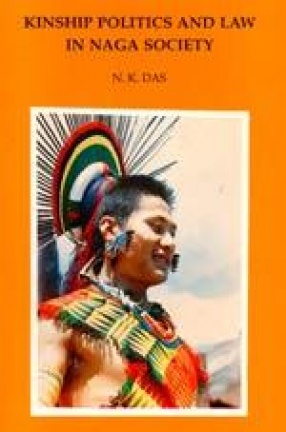
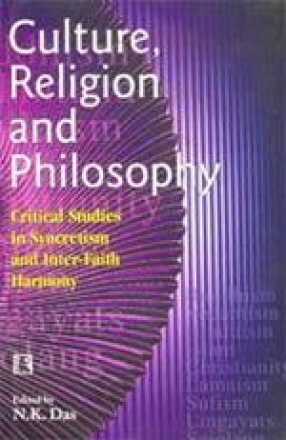

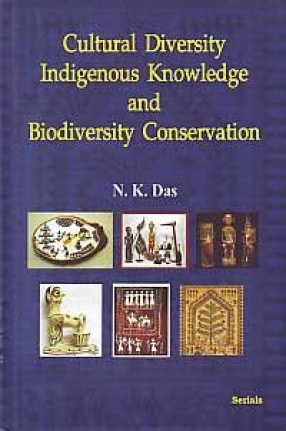

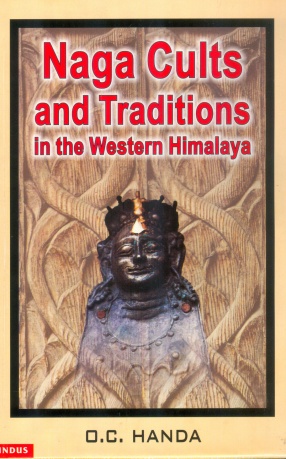
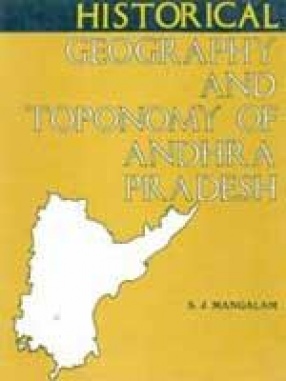
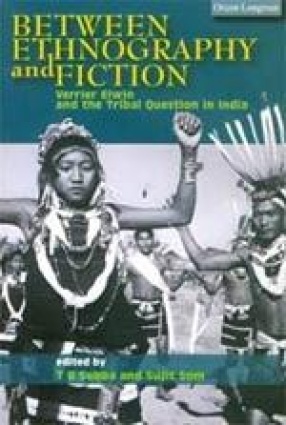

Bibliographic information